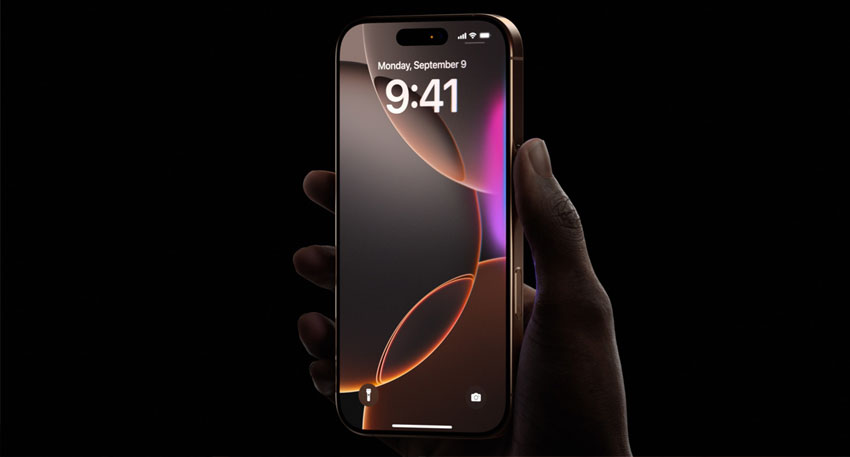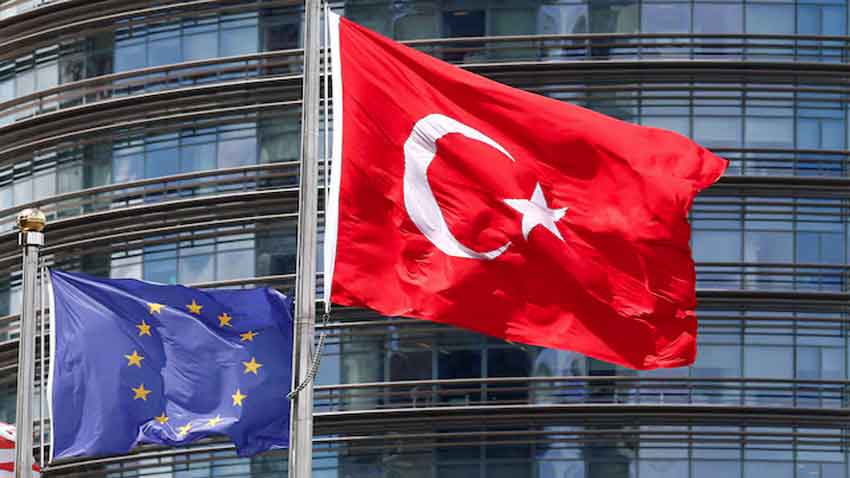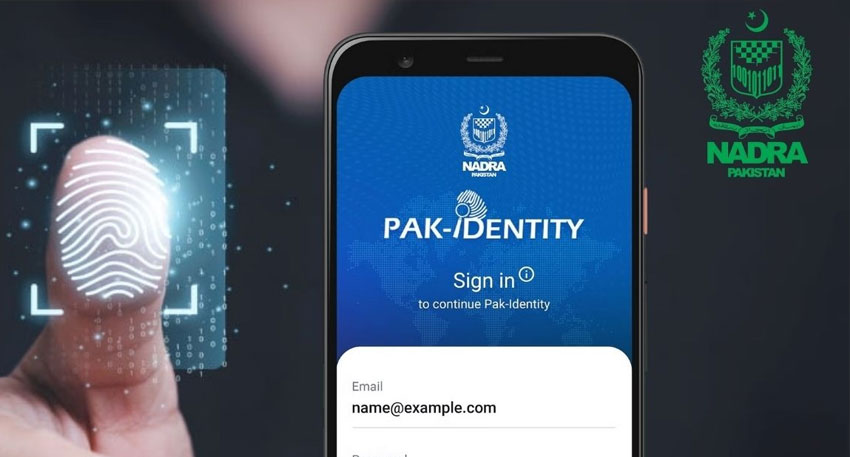
According to the ICT ruling, the decision states that BOE Technology, a Chinese supplier of iPhone display panels, was found to have utilized Samsung Display s trade secrets. Smartphones OLED screen technology is connected to these secrets.
The decision isn’t final yet, and Apple still has some time. If the ban is approved in November, it will go to the president for review. President Trump could stop the ban—but that kind of move doesn’t happen often.
Apple currently gets its OLED screens from three main suppliers: Samsung Display, LG Display, and BOE. BOE mostly provides screens for standard iPhones (without Promotion technology) and has reportedly supplied the majority of panels for the upcoming iPhone 16e.
Read More: Google Chrome introduces interesting feature for smartphones
Only iPhones with BOE screens that are intended for sale in the US would be impacted if the US trade restriction is finalized. iPhones sold outside the US or those with Samsung or LG screens won t be impacted. To follow the new requirements and avoid complications in the US market, Apple might have to shift production away from BOE and rely more on Samsung and LG for screen supplies.
Apple has authorized BOE panels for use in the next iPhone 17 Pro, which will only be available in China, according to a recent supply chain report. The Chinese market won t be impacted because the ITC rule only applies to US goods. According to reports, Samsung Display s OLED panels will be used in the upcoming iPhone Fold, protecting it from the controversy.
Alongside the case with the US International Trade Commission (ITC), Samsung Display has also filed a separate lawsuit in the US District Court in Eastern Texas.
In the lawsuit, Samsung is asking for compensation for lost profits and punitive damages. The company claims that BOE illegally used its confidential OLED technology, which caused financial losses and harmed its business.




